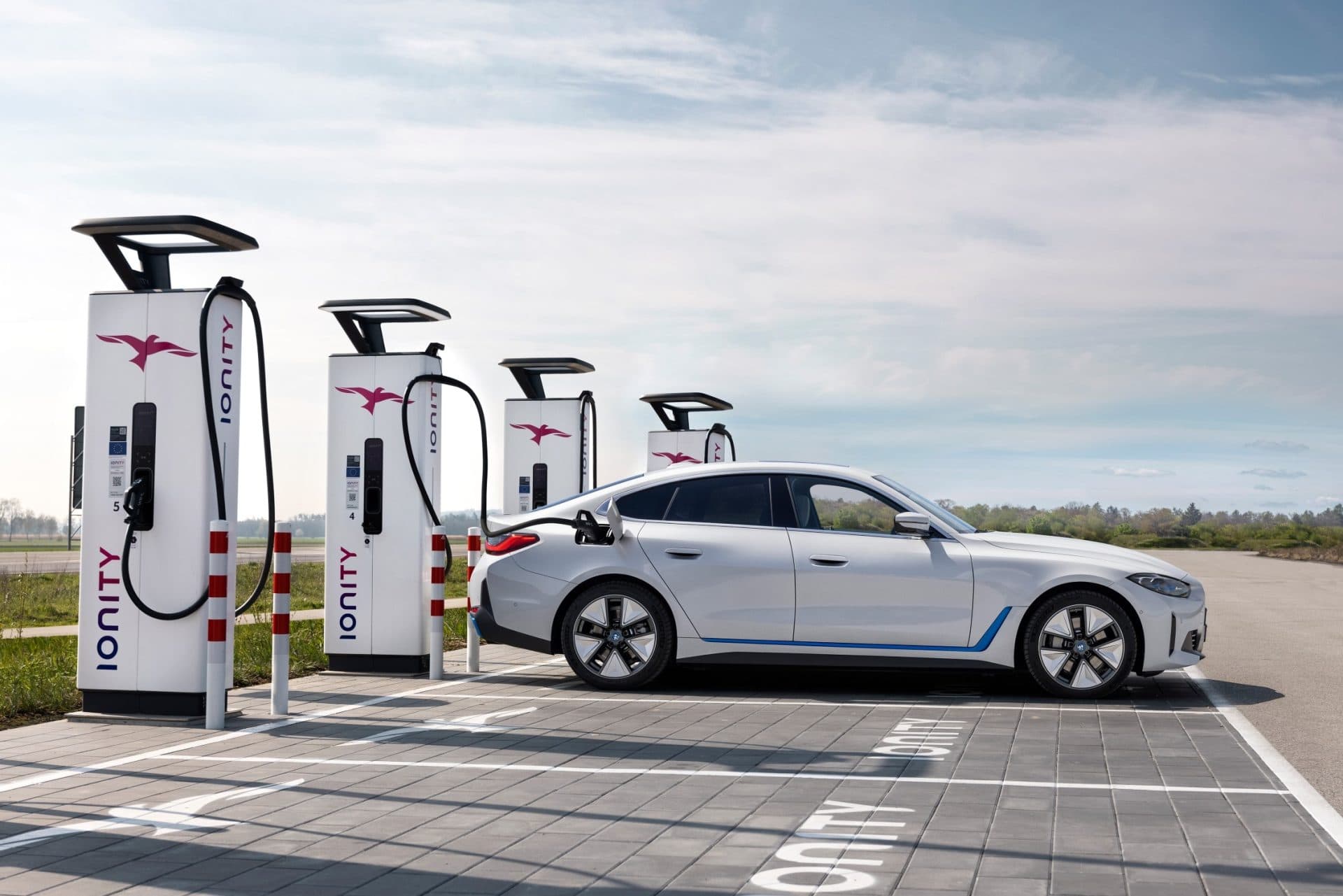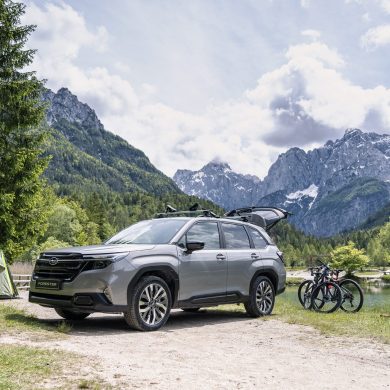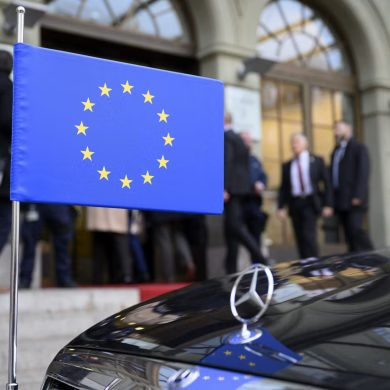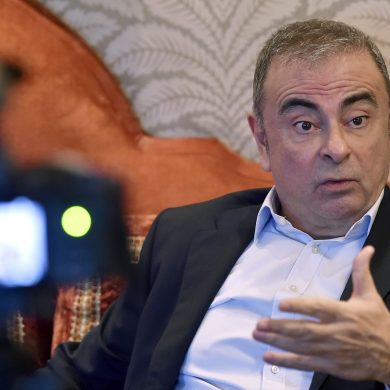
It is a commitment born of tradition and responsibility: The BMW Group has attended all UN climate conferences since 2008. At this year's COP 26 in Glasgow, the company is once again present as a provider of innovative mobility solutions in the fight against climate change. The BMW Group is bringing along the BMW i Vision Circular made from 100% secondary materials, clearly stating its ambitions. The company is also actively engaged in dialogue with stakeholders and partners in Glasgow, discussing unresolved issues and a range of possible solutions.
The BMW Group partner at Sustainable Innovation Forum
The BMW Group is a partner in the Sustainable Innovation Forum (SIF) from the UN Climate Change Conference in Paris in 2015.SIF is one of the most important economic forums held at the COP, bringing together representatives from politics, cities, NGOs, the financial world and industry. For the first time, BMW AG's Chairman of the Board, Oliver Zipse, will deliver the keynote speech for the three-day event, which this year takes place in Glasgow, setting clear priorities: "The key to sustainability lies in innovation: in innovative technologies, but also in innovative philosophies that remove constraints. Most importantly, together we must choose and commit to a path with clear objectives. Always according to the motto: "No more waiting. No more clever tactics. It's time for action. Now!".
The BMW Group commits to the goal of full climate neutrality by 2050
Each gram of carbon dioxide (CO2) counts - regardless of where it is emitted. All available technologies to reduce pollutants must be exploited. The BMW Group has set a firm and verifiable interim target for 2030 across the entire value chain: to reduce CO2 from its vehicles by at least 40% - from raw materials, supply chain, production and use phase to recycling. The public verification of this reduction is made in the BMW Group Integrated BMW Group Report, which documents that sustainability indicators carry the same weight as key financial data. The BMW Group is also a member of the Science-Based Targets Initiative (SBTI) and signed the "Business Ambition for 1.5°C" commitment to limit global warming to 1.5°C before COP 26. This is a significant step in line with the most ambitious target of the Paris Agreement on Climate Change and commits the company to achieving climate neutrality by 2050.
By 2030, over 50% of sales will be pure electric vehicles - MINI and Rolls – Royce all-electric brands in ten years
The BMW Group launched the first electric car to be produced in Germany on a large scale, the BMW i3, in 2013. By 2030, over 50% of annual vehicle sales will consist of all-electric models. In addition, the Group's two British brands, Rolls-Royce and MINI, will be all-electric by the early 2030s. In this context, Oliver Zipse stressed the importance of creating the right infrastructure: "Accelerating electric mobility is the most important factor on the road to climate-neutral mobility. But even in industrialised countries, there is still a major obstacle: the lack of infrastructure."
Circular economy: The purest form of Ultimate Driving Pleasure
The BMW Group is also focusing on the circular economy: Humans consume over 100 billion tonnes of raw materials every year - and this number is growing. In addition, the processing of many primary raw materials is highly labour-intensive, which means that high quantities of carbon dioxide are emitted. For this reason, the BMW Group is pursuing a circular economy, with the aim of keeping raw materials in the cycle for as long as possible. The BMW i Vision Circular is in Glasgow on the one hand as an exhibit and on the other hand to trigger a dialogue. It is a tangible example of how a vehicle can be made using 100% secondary materials - and where the challenges lie.
BMW Group Dialogue 2021 - delivering change in collaboration with partners
The BMW Group has already held a stakeholder dialogue on the circular economy in Glasgow on 7 November. BMW Group vehicles consist on average of 30% of secondary materials. In the future, the company aims to increase this percentage to 50%. The BMW Group discussed how this can be achieved and what kind of obstacles need to be overcome with around 25 high-level international partners from around the world at the dialogue it organised. Together with BMW Group Vice President Sustainability and Mobility, Dr. Thomas Becker, Cradle-to-Cradle pioneer (vision for a zero-waste economy) Professor Michael Braungart also acted as a catalyst for the dialogue.






